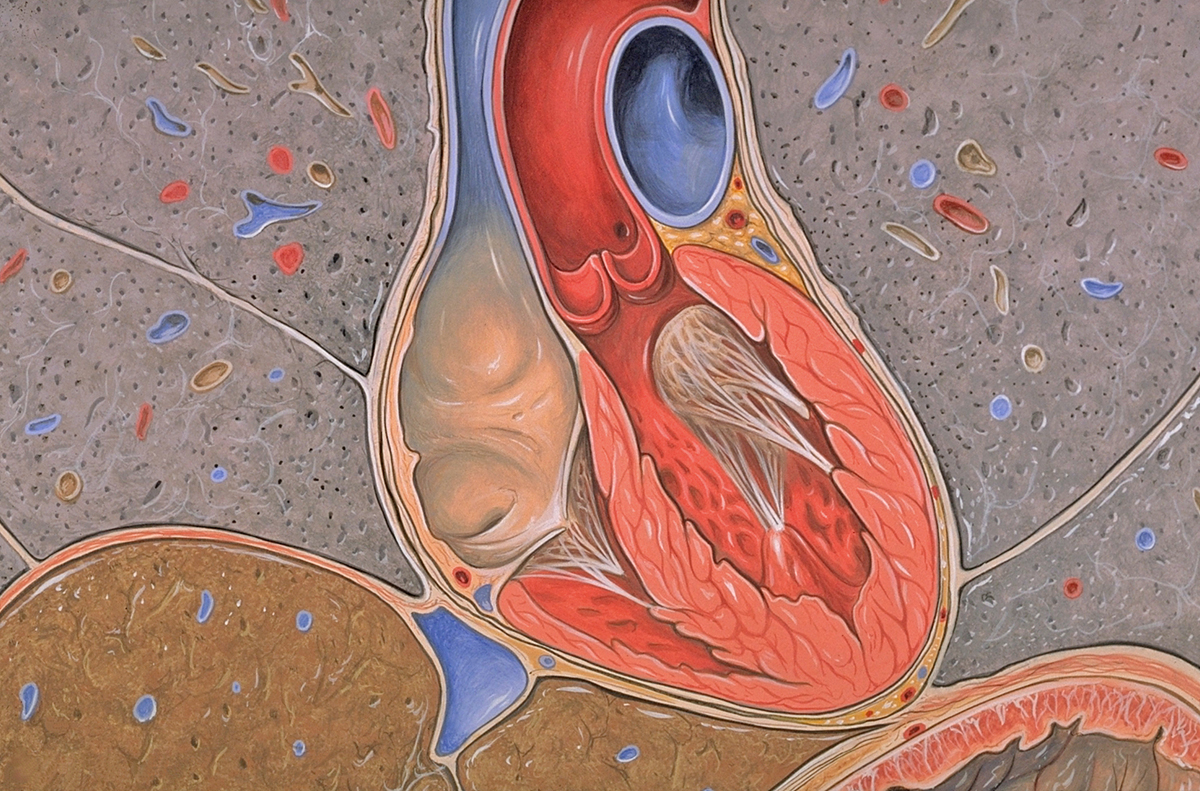Dizziness is often a symptom of some heart condition though it may be caused by other conditions as well.
What is Dizziness?
Term dizziness refers to sensation of lightheadedness, feeling of weakness and faint. Dizziness causes feeling that you or your surroundings are spinning. Severity of dizziness depends on the period of time for which dizziness persists. Dizziness can be caused by number of factors and it doesn’t always indicate a serious condition. Dizziness is usually relieved without any treatment but sometimes, if the cause is serious, it requires medical attention.
Causes of Dizziness
Dizziness can be caused by both high blood pressure and low blood pressure. It may be also caused by arrhythmia, abnormal heart rate, anemia and dehydration. Different medications, stress, infections, low blood sugar, headaches, migraine, stroke, and hyperventilation can lead to dizziness too. In any case, if you experience dizziness, you should consult your health care provider in order to get correct diagnosis.
Dizziness Caused by Heart Conditions
Following heart conditions lead to dizziness: arteriosclerosis, angina pectoris, heart failure, heart murmurs, heart palpitations, coronary artery disease, congenital heart, disease, high cholesterol levels, ventricular tachycardia, heart arrhythmia, primary pulmonary hypertension and arrhythmogenic right ventricular dysplasia.
Vascular Vertigo
Vascular vertigo is characterized by reduced supply of blood to various part of the body especially to the brain. Because of this poor blood circulation dizziness commonly occurs as a main symptom of vascular vertigo. This condition can be caused by hereditary tendencies toward stroke, heart attack or hypertension.- Our data show that there has been little systematic assessment of dizziness types among patients with primary cardiovascular disorders, and among those who do experience dizziness, vertigo appears to be frequent, rather than rare (~63%, including ~37% where vertigo was the only dizziness type reported).
- Among over 1,500 studies captured by our search, we found only 5 with data on the frequency of vertigo in cardiovascular disease. Contrary to conventional wisdom, none supported the contention that vertigo was rare among patients with dizziness of cardiovascular cause.
- From a clinical standpoint, our findings indicate that the presence of vertigo should not obviate the need to search for a cardiovascular cause. However, we do not suggest that every vertiginous patient should undergo a complete workup for all possible cardiac disorders.
Arteriosclerosis
Arteriosclerosis refers to hardening and loss of elasticity of arteries which leads to reduced blood supply to the heart, brain and intestines. Arteriosclerosis is commonly accompanied with dizziness.Angina Pectoris
Angina pectoris refers to chest pain and discomfort due to inadequate oxygen supply to the heart. People suffering from angina pectoris typically experience nausea and dizziness. Men are at higher risk of developing angina pectoris than women, especially men older than 50 but the condition can be seen in women after menopause as well.
Coronary Artery Disease
Coronary artery disease refers to plaque build up inside the coronary arteries. It is the most common type of heart disease. Symptoms of this condition are shortness of breath and dizziness although the main symptom is severe pain in the chest.


















Your thoughts on this
Loading...